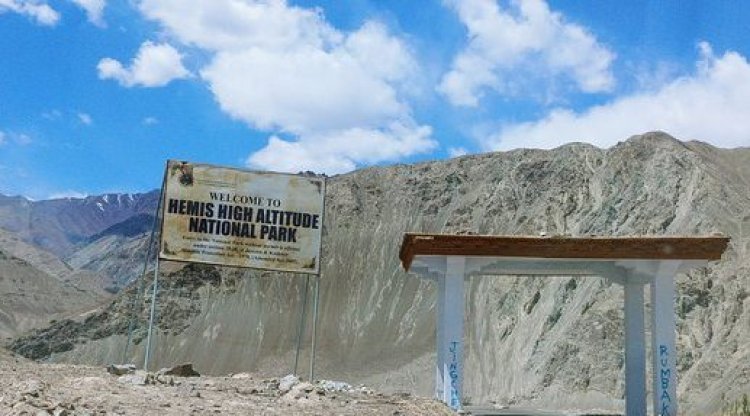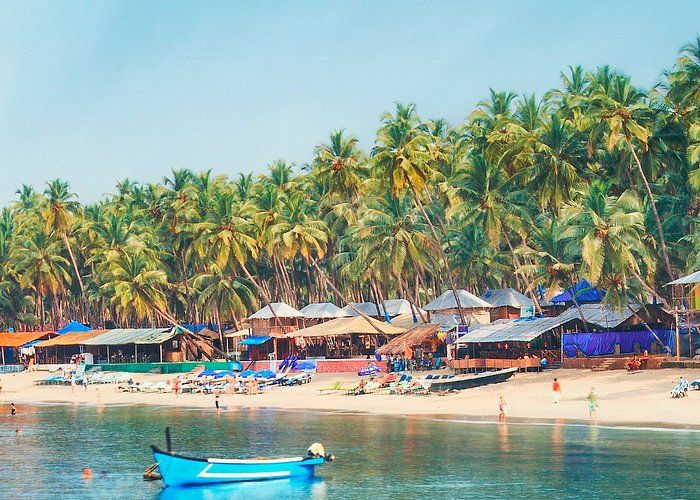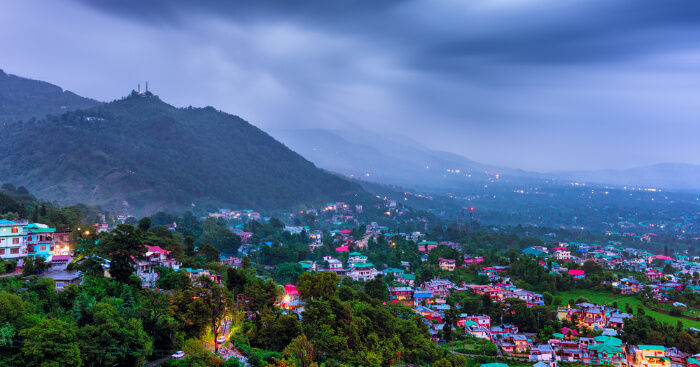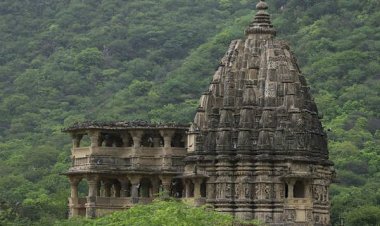Hemis National Park
The eastern part of Ladakh is home to Hemis National Park, the biggest national park in South Asia. With a land area of 4400 square kilometers, the park is home to 200 or so snow leopards, 73 bird species, and 16 different kinds of mammals. The National Park is renowned for having a sizable population of snow leopards and is thought to be the only protected location in the world where these wild cats can be found in such profusion.

Ladakh's Hemis National Park is a well-known wildlife destination known for both its abundant bird life and its community of snow leopards. It is the second-largest continuous protected territory in India after the Nanda Devi Biosphere Reserve. The park, which has a total area of 3,350 square kilometers, is a must-see for hikers and photographers in addition to wildlife lovers.
As a result of its location in the Himalayan rain shadow, Hemis National Park experiences very little annual precipitation. As a consequence, fir grows at lower elevations in the park's scattered dry forests. Fir, juniper, and dry birch are three of the most prevalent plant types, along with a number of rare and endangered medicinal plants.
The park is a component of the ecoregion of the Karakoram-West Tibetan Plateau, which is home to extensive meadows, alpine vegetation, and dense pine forests. The expansive views of the Indus River's stream that are provided here are unparalleled and unaltered. Several well-known Ladakh landmarks, including the Stok Kangri Peak and the Hemis Monastery, are located within the park. The Hemis National Park has been offering access to different trekking trails despite having such a large variety of animals and birds.

Hemis National Park Highlights
-
Within the boundaries of this National Park is the Hemis sanctuary, a 400-year-old sanctuary.
-
The Markha Valley trek and the Soutik to Stok trek over the Ganda La travel are two of the most well-known treks in Ladakh that travel through the Hemis National Park.
-
In addition to being home to more than 200 snow leopards, the Hemis National Park is also the only place where Shapu, also known as the Ladakhi Urial, a rare species, can be located.
-
The Hemis National Park is one of the biggest National Parks in South Asia, covering an area of 4400 square kilometres.
-
Six distinct villages—Kaya, Rumbak, Sku, Urutse, Shingo, and Chilling—located within this National Park's wilderness are home to more than 1600 people.
-
Due to its size, the Hemis National Park is now home to 73 species of birds, many of which are uncommon, and about 16 species of mammals.
-
The Stok Kangri Peak and the junction of the Zanskar and Indus rivers serve as the park's boundaries.












